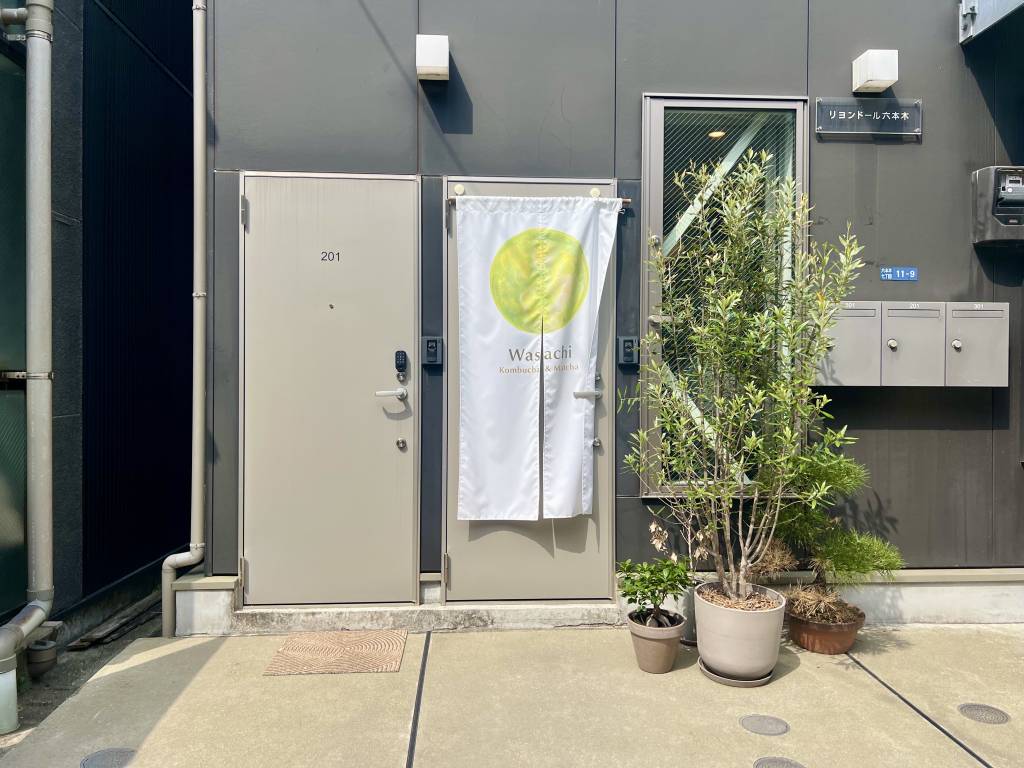Nara is a sizeable prefecture just south and east of Osaka in the Kansai region of Japan, and one that’s increasingly giving Kyoto a run for its money as top spot to visit. Stuffed full of Buddhist temples, sacred deer and sakura-covered mountains, it should be on any traveler’s bucket list. Nara City was once the capital of the country, and its history can be sensed on every street corner. Here’s how to get from Tokyo to Nara to begin your journey down one of Japan’s most important memory lanes.

Note: If you’re planning on making any other domestic trips while you’re visiting Japan, buying a Japan Rail Pass is highly recommended, as it gives you virtually unlimited bullet train rides for 7, 14 or 21 days. If you’re traveling from Tokyo to Nara, Osaka or Kyoto, and then down to Hiroshima, for example, the pass will likely still be worth it despite the October 2023 price hike.
However, if you’re only doing a quick run to Nara, Osaka or the surrounding area, a one-way bullet train ticket may be, well, just the ticket. But read on for a full breakdown of your travel options.
Tokyo to Nara at a glance
| Travel Method | Time | Price | Booking link |
|---|---|---|---|
| Shinkansen | 2.5 hours to Kyoto, plus 50 minutes from Kyoto to Nara | Around ¥14,500 | Book Here |
| Plane | 1 hour 20 minutes from Tokyo to Osaka, plus 1.5 hours to Nara | Around ¥5,000 one-way | Book Here |
| Highway Bus | 8 to 9 hours | Around ¥5,000 one-way | Book Here |
| Local Trains | 9 to 10 hours | Around ¥8,000 | – |
Shinkansen (bullet train) from Tokyo to Nara: The easiest option

Travel Time
Getting from Tokyo to Nara is super quick via the Shinkansen, taking around 2.5 hours from Tokyo to Kyoto Station, and then about 50 minutes from there to Nara Station via the JR Nara Rapid Line (a regular train). The Nozomi is the fastest bullet train available on this route, though if you have a Japan Rail Pass you’ll be limited to the very slightly slower Hikari and other models.
The slowest Shink is the Kodama—it’s an old model that takes upwards of 3.5 hours to make the journey from Tokyo to Kyoto. In general, this slowpoke is best avoided, but taking it can be a way to save money. See below for more on that.
Taking bags on the bullet train
If you have a lot of luggage, or even one huge bag, consider sending it on ahead with a luggage delivery service. Shinkansen luggage rules dictate that luggage with dimensions of over 160cm but under 250cm will require special reservations (included in your JR Pass). Bags over 250cm won’t be allowed onboard the bullet train at all.
Cost
During peak season, which encompasses spring and summer holidays, Golden Week and New Year, a one-way bullet train ticket + onwards ticket purchased at the station will cost you around ¥14,650 (on the Nozomi). Taking the Hikari and traveling during low periods will shave a few hundred yen off the price. To hang onto a few more coins, you can opt for unreserved seating (jiyuuseki), but this might mean standing for the entire journey. It’s better to go for reserved seating (shiteiseki) and ensure a comfortable ride.
Discount options
Currently, the best way to bring down the cost of bullet train travel is by taking advantage of a JR Pass, which is available to short-term visitors to Japan. Another possibility is purchasing a Puratto (Platt) Economy Plan ticket for the Kodama from Tokyo to Kyoto—these are sold by a company called JR Tokai Tours for ¥10,300–¥11,600 a piece.
Long-term residents who don’t qualify for tourist promotions can check the Japanese travel booking site Jalan for special deals.
Domestic airlines

Flights are the next option most people consider, and indeed you can fly from either Haneda or Narita Airport in Tokyo to Kansai Airport in Osaka in about 1 hour 20 minutes. Specials are often available on Japan’s low-cost carriers, but it’s a good idea to work out the transfer times and costs (on both ends) before booking your ticket, as these can quickly add up to make it a bit of a bum deal.
Highway buses from Tokyo to Nara

A budget way of getting from Tokyo to Nara is simply hopping onto an overnight highway bus. One-way tickets usually start around ¥5,000, though prices may be lower depending on the season. Buses depart from major train stations in Tokyo, such as Shinjuku, between 9pm-11pm at night, rolling into Nara around 6:30am. The buses also stop in Kyoto and Osaka. See what’s available for your travel dates.
Local trains

A less common way of getting from Tokyo to Nara is by taking local trains. While this can take a full day or longer, it can save you some pennies—especially if you snag a Seishun 18 discount ticket. Available in spring, summer and winter, these rail passes cost ¥12,050 and allow 5 days of travel on local and rapid JR trains. As of October 2024, there is also a 3-day version of the Seishun 18 ticket available for ¥10,000.

When we last checked, the trip from Tokyo to Nara looked like it would take roughly 9-10 hours, with six transfers needed. Without a Seishun 18 ticket, the regular cost was ¥7,880, making an overnight bus or flight a better bet.
Pro tip: Read our guide to what to do in Nara once you arrive.
Get our Tokyo Cheapo Hacks direct to your inbox
-
 Tokyo’s Best Apartment-Style Hotels, by Area
Tokyo’s Best Apartment-Style Hotels, by Area -
 Highway to Hot Springs: Tokyo to Kusatsu Onsen by Bus
Highway to Hot Springs: Tokyo to Kusatsu Onsen by Bus -
 The Best Pocket Wi-Fi for Visiting Japan — Compared
The Best Pocket Wi-Fi for Visiting Japan — Compared -
 Go-Karting in Tokyo: Everything You Need To Know
Go-Karting in Tokyo: Everything You Need To Know -
 Morning Sumo Practice in Tokyo—Everything You Need To Know
Morning Sumo Practice in Tokyo—Everything You Need To Know -
 First-Time Harajuku Itinerary: Fashion, Street Food, and More
First-Time Harajuku Itinerary: Fashion, Street Food, and More

























